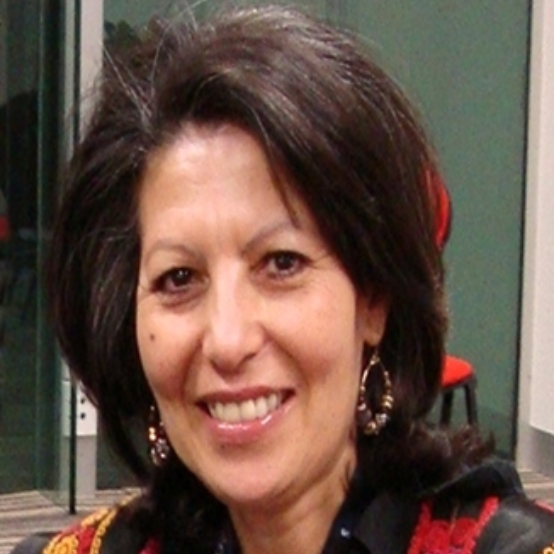Prof. Mona Baker
- Home
- Prof. Mona Baker
Prof. Mona Baker
Mona Baker is Affiliate Professor at the Sustainable Health Unit (SUSTAINIT), University of Oslo, where she is responsible for developing the Sustainability & Health Corpus, co-coordinator of the Genealogies of Knowledge Research Network, and Honorary Dean of the Graduate School of Translation & Interpreting at Beijing Foreign Studies University. She is author of In Other Words: A Coursebook on Translation and Translation and Conflict: A Narrative Account; co-author (with Eivind Engebretsen) of Rethinking Evidence in the Time of Pandemics; editor of Translating Dissent: Voices from and with the Egyptian Revolution and Unsettling Translation: Studies in Honour of Theo Hermans; and co-editor of the Routledge Encyclopedia of Translation Studies and the Routledge Encyclopedia of Citizen Media. She is also founding co-editor of the new Diamond Open Access journal Encounters in Translation. She posts on translation, citizen media and Palestine on her personal website and tweets at @MonaBaker11.
Keynote Abstract
Following Williams (1974) and Castells (1996), this presentation will explore the trajectory of key technological advances in recent history, including AI, and their complex interaction with the job market and living standards, with particular reference to the translation and interpreting profession.
It will argue that despite the current hype surrounding AI, our experience of technological advances in relatively recent history suggests that a deterministic model of the potential impact of AI may not prove realistic. Such a model would assume that AI will determine the conditions for social and political change, including change in the labour market and in the extent to which translators can exercise agency.
An alternative model of technology might assume that AI is a symptom rather than a determinant of social change, a by-product of a preset course of social progress. The purposes to which AI is put would in this sense have been foreseen and required by this already unfolding social and political process. Both scenarios leave the profession with little room for manoeuvre or ability to resist the negative impact of AI.
Following both Castells and Williams, however, it is possible to acknowledge that technologies like AI are often developed by powerful actors and with the support of the state and big business with specific purposes in mind. At the same time, technologies can also be adapted by social actors in ways that diverge from and may even undermine the purposes for which they were developed.
This opens up the possibility of adapting to the technology in order to survive and prosper in the new AI environment, and at the same time critiquing it and seeking to adapt it in some contexts and resist it altogether in situations where working with it would directly undercut the autonomy and welfare of its users or participate in the exploitation of others.

